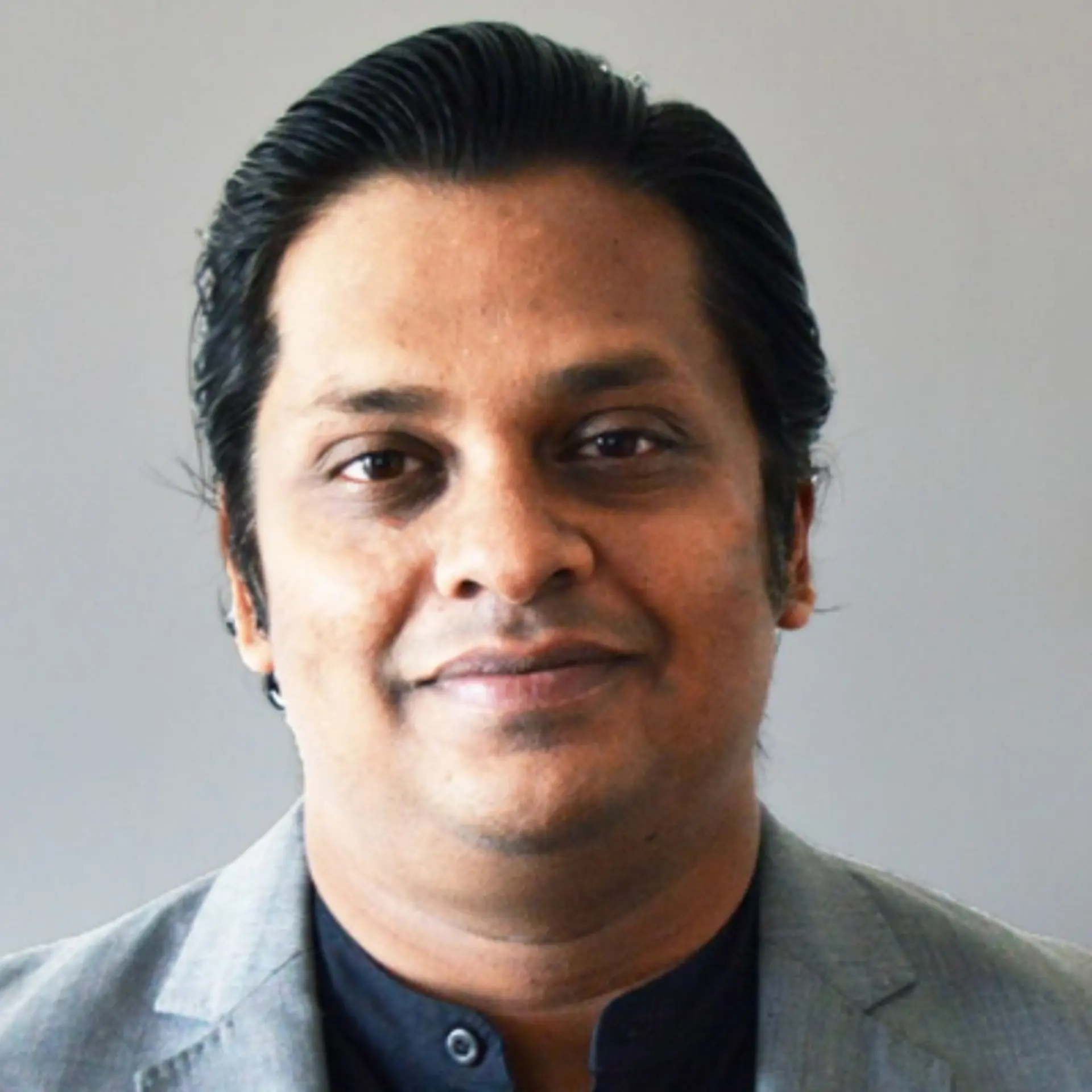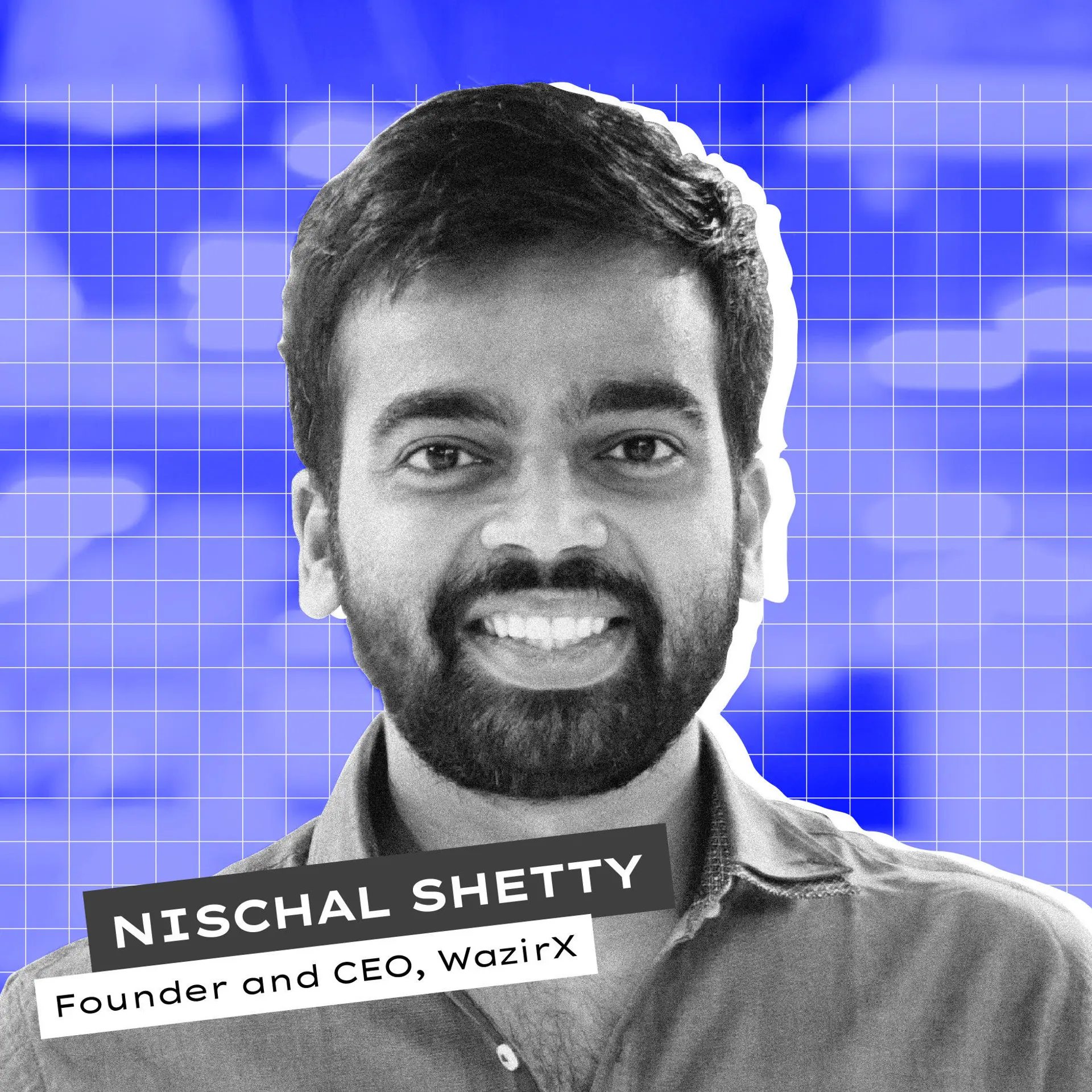SHUT Clinic: An internet de-addiction centre right in the heart of Bangalore
In the modern age, internet has become like electricity. A basic utility on which things are built that a person utilizes. Internet penetration is well below 25% for developing countries like India but in metropolitan cities like Bangalore, the story is different. The last decade has seen rampant growth of IT in Bangalore and it has affected the city and its people at multiple levels. There are thousands of employees working in IT companies and there is a very fast breed of entrepreneurs in the tech domain who're trying to get more people online. For good or bad is a larger debate, but there are always two sides to a story.

In the heart of Bangalore, an initiative that looks at the hazards of excessive technology has been setup. SHUT Clinic (short for Services for Healthy Use of Technology) is an internet de-addiction centre started by the National Institute of Mental Health and Neuro Sciences offering counselling to addicts to help them replace excessive technology usage with healthy activities. Manoj Sharma, a clinical psychologist who leads on the efforts at NIMHANS, shared some of his findings with YourStory.

- In Indian context, 5% of youth (n=275 males) in the age group 18-25 years has addictive use of social networking sites and 24% (n=350-200 females and150 males) have problematic usage of internet. Survey methodology with randomization was used (Menon & Sharma 2013; Barathkar & Sharma 2011).
- Indian Council of Medical research work (Sharma, Benegal, Rao & Thennarasu 2013) on 2755 subjects (50.5% males& 49.5% females) in an age group of 18 to 65 years (from low to higher socioeconomic status) were interviewed using door to door survey methodology from an urban locality in Bangalore. It revealed Addictive use was present for - 1.3% (2% males & 0.6% females) for internet; 4.1 % (5% males & 3.1% females) for mobile phones; 3.5% for social networking sites; Shopping ( 4%) (male-3.2% & female-4.8%); Sex/online pornography (.2%)( 0.3% male&0.1% female) and 1.2% (offline & online) had gambling addiction.
- Statistically significant differences were observed in relation to family status for internet and Facebook addictions. It was more among singles, unmarried and lesser in joint families. The number of years of marriage has negative correlation with shopping, sex, mobile, internet and facebook addiction. Physical(eye strain)/Psychological distress (decrease sleep, irritability and restlessness) was present as a morbidity- 6.8% with mobile phone addiction; 4.2 % with internet use and 3% with social networking sites .3.3% wanted to change their internet activities and 4.2% wanted cut down expenses on mobile phone.
How is the addiction assessed?
For the results published above, standard available tools were used to assess the technology addiction (Internet addiction test Young 1999), Facebook intensity scale (Ellison et al 2007), Lie bet gambling scale (Johnson et al 1988). For other addiction like mobile, pornography, video game and shopping, screening questions were evolved using Four C’s:
a) Craving (desire to engage in these behaviors)
b) Control (experiencing inability to control these behaviors)
c) Compulsion (engagement in behaviors despite no need)
d) Consequences (experienced effects due to engagement in these behaviors)
If a person has a ‘yes’ to three or more, there is a need to change the pattern of technology devices.
Looking at the results, a need was felt for an initiative that can help people with internet addiction and thus was started SHUT Clinic. SHUT was initiated in the month of April 14, 2014 with an aim to raise awareness through workshop’s, lecture and building information material, etc. Since the launch, SHUT has been getting a steady inflow of emails and phone inquiries. Most of the users are in the 14-19 age group and from middle to upper socioeconomic status. Treatment for about 50 teenagers has been initiated by the caregivers.
"Apart from the sessions, we intend to bring out posters for promotion of healthy use of technology as well as carrying out workshop for parents, counselors and mental health professionals. The clinic is in the process of getting funding to develop the biopsychosocial basis of internet addiction, cognitive retraining & brief behavioral intervention program," says Manoj Sharma.
More information and contact details can be found here.
(image credit: Shutter Stock)







